1. A Jewish response to the unrest
Many Orthodox Jews in America shut off their phones and tuned out last Thursday evening, celebrating the holiday of Shavuot only reconnecting with the news on Saturday night.
By then, America was a different place. Protesters had taken over the streets of cities across America, grieving the killing of George Floyd by Minneapolis police officers, demanding justice, and decrying law enforcement violence against African Americans. Alongside the peaceful protests were also numerous acts of violence, looting and vandalism.
The Jewish community responded largely as expected.
Jewish Americans have always been reliable allies in civil rights battles and have consistently led advocacy and legislation aimed at helping minority communities and denouncing injustice and inequality. It’s no surprise that the community is once again standing up for African Americans in their struggle for justice and for reforming the way police forces deal with black Americans.
Where can the Jewish community play a part this time around?
First, as already seen across the country, by lending a helping hand on the local level. Jewish federations, community organizations, and individuals are engaged in all types of help—from cleanup mobilizations to restore businesses and neighborhoods hit by violence, to joint prayer sessions, donation drives and organized participation in solidarity rallies.
The message is one that resonates well with the vast majority of the Jewish community, and one that would likely be the talk of the synagogue and the topic of Shabbat sermons, if only synagogues were open for business and not operating online due to the coronavirus pandemic.
On the national level, the Jewish community has powerful tools that can be either employed or emulated in order to help translate the national outcry into real change.
Think, for example, of the Jewish community’s massive operation aimed at countering anti-Semitism, from detailed close monitoring of events, through immediate response mechanisms, to focused advocacy. All these can serve as a model for dealing with other issues—in this case, police brutality toward African Americans. Years of battling anti-Semitism in America have given the Jewish community a special type of expertise in fighting injustice, discrimination and violence. There’s a lot to share.
2. Where do race relations fit into the Jewish political agenda?
In its 2019 survey of Jewish Americans, the American Jewish Committee asked whether Americans are more united or divided over their most important values, compared to the situation a year ago. Eighty-one percent of Jewish respondents said America is more divided, a rare consensus within the community.
But what are these values that Americans are divided about?
Clearly, race is one of them.
The question is: How important is it in the Jewish American political agenda?
Bend the Arc, in its February 2020 survey of American Jews, looked into the issues that are most important for Jews as they head to the polls. Most were domestic and reflected a solid liberal agenda (gun control, social security, healthcare, climate change), while some were of specific concern for the Jewish community (like fighting anti-Semitism and dealing with white nationalist violence). But importantly, among the top ten issues was also fighting racism. Forty-three percent of Jewish Americans see race relations as their top political priority, and 78 percent as a “very important priority.”
So, the concern is there, as is the motivation.
Jewish Americans are politically poised to take action to address America’s racial problems. This motivation can manifest itself in many ways: aligning with Joe Biden, who has made racism and hate a key theme of his campaign from the start, throwing their support behind candidates who promise to take on the issue on the state and federal levels, and using communal advocacy vehicles to push legislation that addresses police profiling and brutality, advances education and supports funding for programs that help African American communities.
It also means that in this huge debate engulfing the nation, Jewish Americans can and should have a seat at the table—as allies, as mentors and as political backers.
3. AIPAC calls off annual conference
In slower news weeks, this would have been a big story.
For the first time in decades, AIPAC, the largest pro-Israel lobby and one of America’s top advocacy powerhouses, is canceling its annual conference, scheduled for March.
AIPAC gave members a significant advance warning, telling them in an email sent out over the weekend, that the conference, 10 months away, will not take place, “given the continued uncertainties created by the COVID-19 pandemic.”
There’s a reason AIPAC is being extra cautious. Their conference this year, which took place just as the pandemic began to hit the shores of America, turned into a center of infection. Participants from New York who previously came in contact with a person carrying the virus got sick and spread the illness to others at the conference. No one wants to see a repeat scenario, or an even worse one, when nearly 20,000 people gather for three days in packed conference halls.
But still, calling off the AIPAC policy conference, even out of an abundance of caution, is a big move. The conference is the largest in the Jewish world and serves not only as an opportunity for pro-Israel activists to meet and greet, but as a massive show of force, highlighting the power of pro-Israel lobbying in the nation’s capital.
On the other hand, AIPAC is large enough, powerful enough and confident enough to afford to skip a year, without having its power and image take a hit.
4. Annexation clock is ticking
Welcome to June, also known as the month before July.
Why July?
Because that’s when Benjamin Netanyahu intends to announce Israel’s annexation of the major parts of the West Bank.
While the world was busy with defeating the coronavirus, and America is trying to find its path in an unraveling new reality on the streets, Israel, the U.S. and other major world players are busy planning for the rollout of the annexation declaration. At the same time, Palestinians, some Arab nations and the Europeans are working tirelessly to block the Israeli move.
Things are moving fast behind the scenes: Netanyahu spoke on Monday to Jared Kushner, the chief architect of Trump’s Middle East peace plan; teams on the ground continue to work on mapping the areas which will be annexed by Israel; and, according to reports in the Israeli and Arab press, backchannel talks are taking place between Israel and Gulf countries in order to ensure they do not oppose the move, or at least refrain from doing so forcefully.
According to Haaretz, the venue for the annexation rollout, or at least for the American green light to the Israeli move, has been chosen: the annual conference of Christians United for Israel, the largest pro-Israel evangelical organization. The keynote speaker from the Trump administration at the conference, which will be held online, will be ambassador to Israel David Friedman, a befitting choice, given his staunch support for the move.
5. A moment of bipartisanship
Last Friday, Trump signed into law the Never Again Education Act, a law that provides federal funding for developing educational material about the Holocaust for the use of school teachers.
It is a modest program, allocating $2 million a year which will be used by the U.S. Holocaust Memorial Museum to advance the cause of Holocaust education in schools.
But it is also a significant step.
Not only because of the obvious significance of teaching about the horrors endured by Jews during World War II but also because it serves as a reminder that Washington does good more often than it gets credit for. It is a truly bipartisan piece of legislation, supported and lobbied for by a broad swath of Jewish groups, and approved by huge majorities in Congress. And all for a good cause.

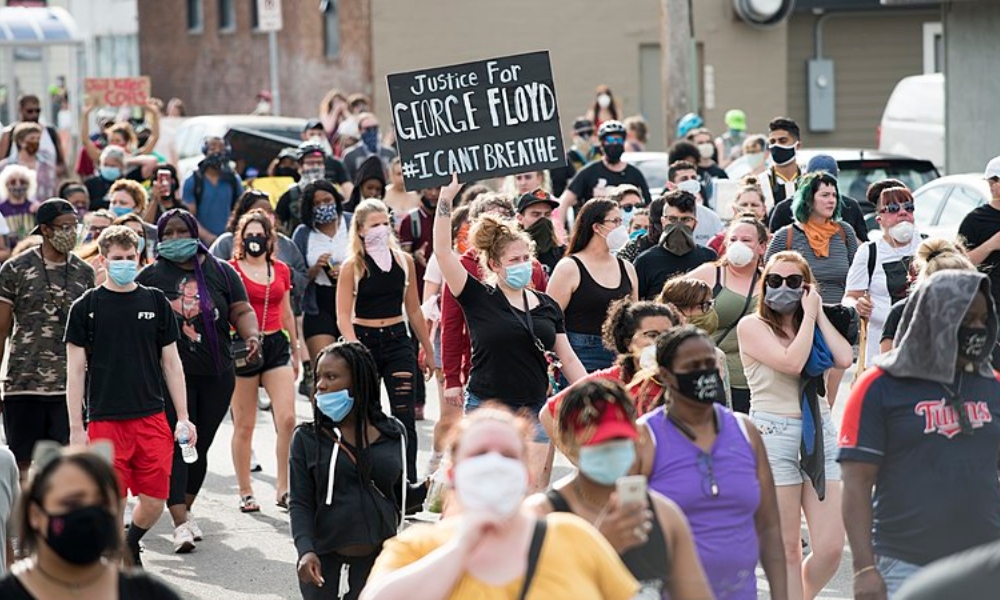

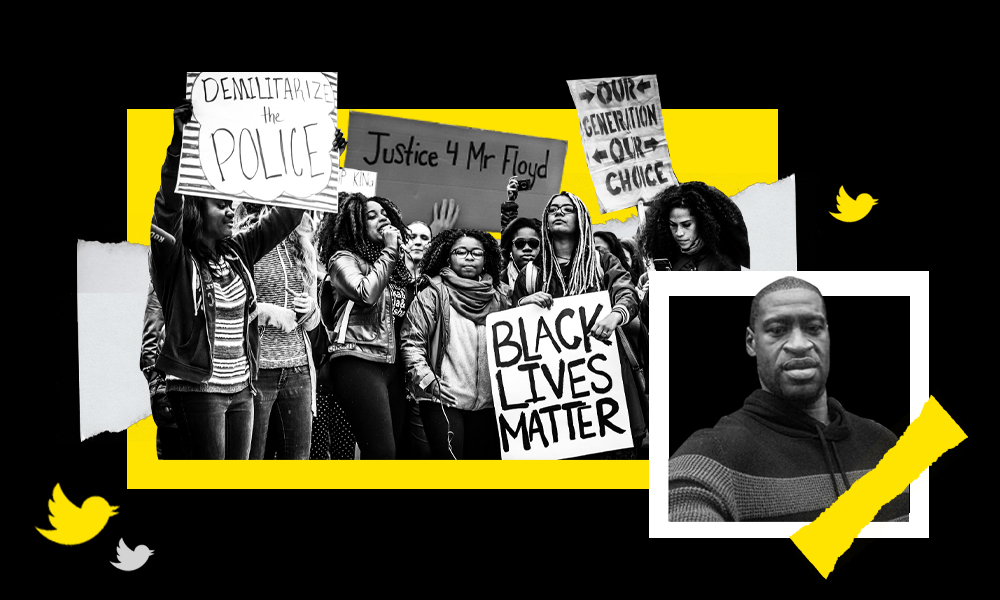
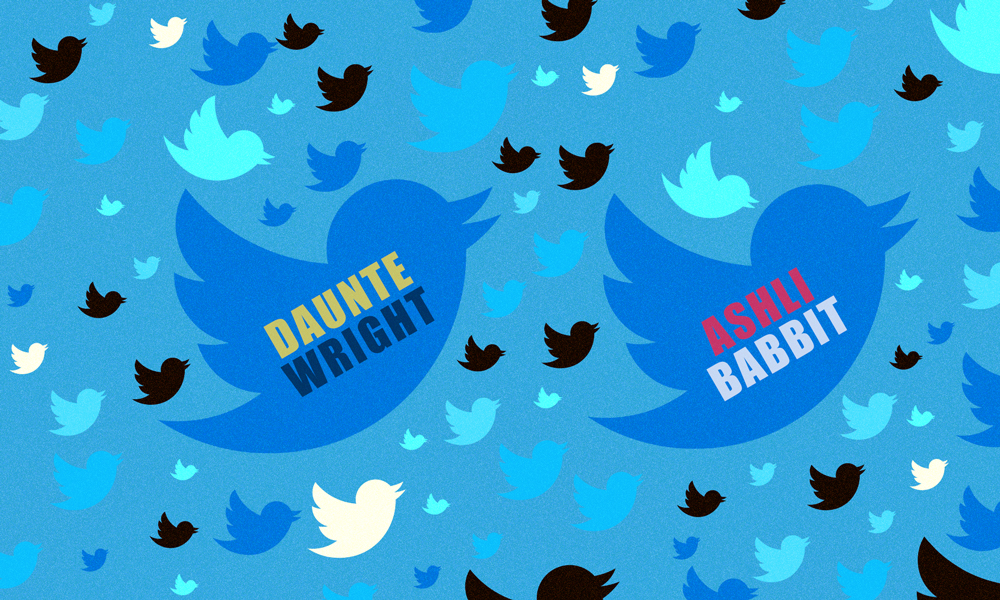
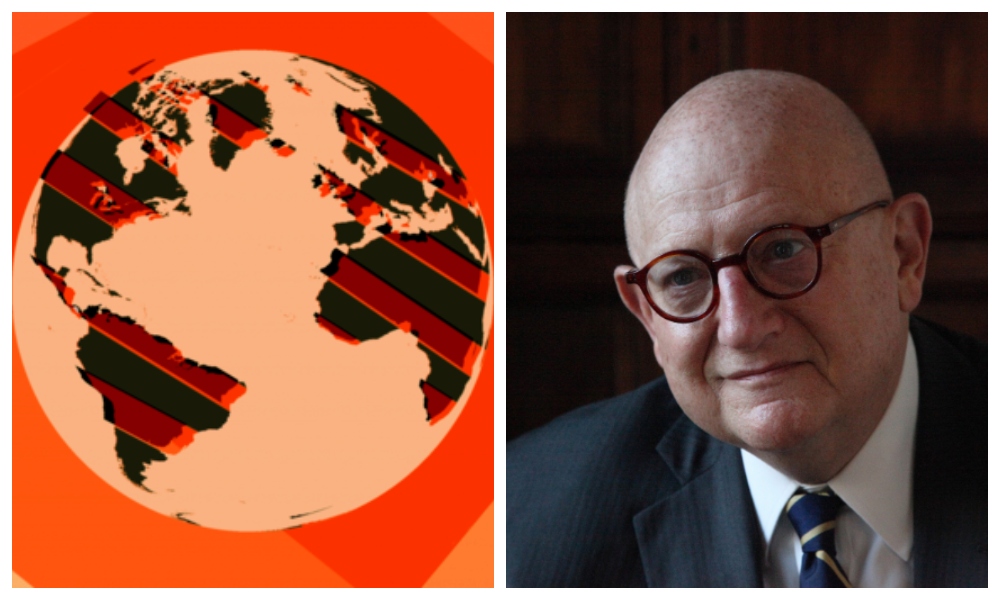
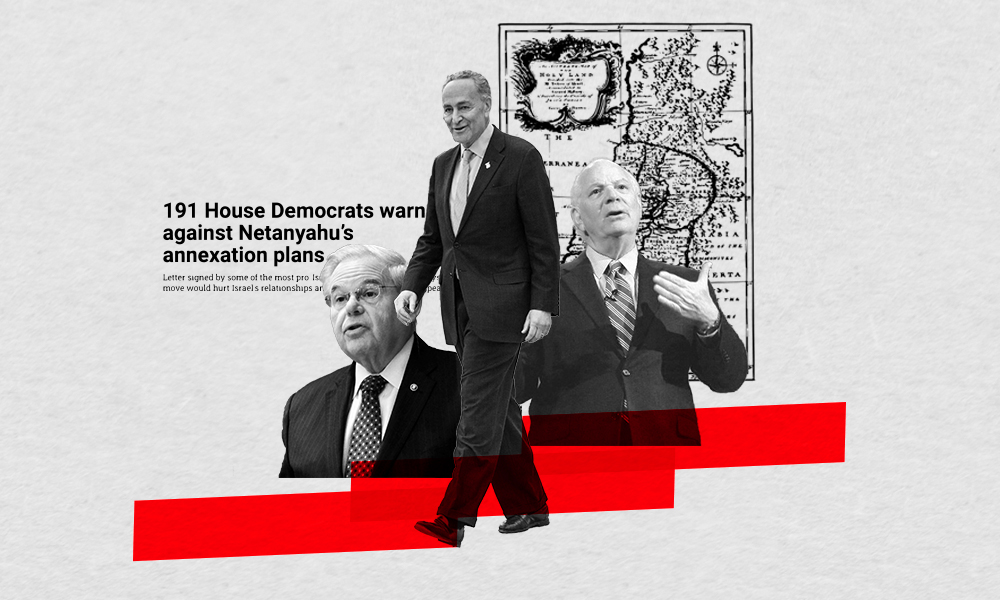
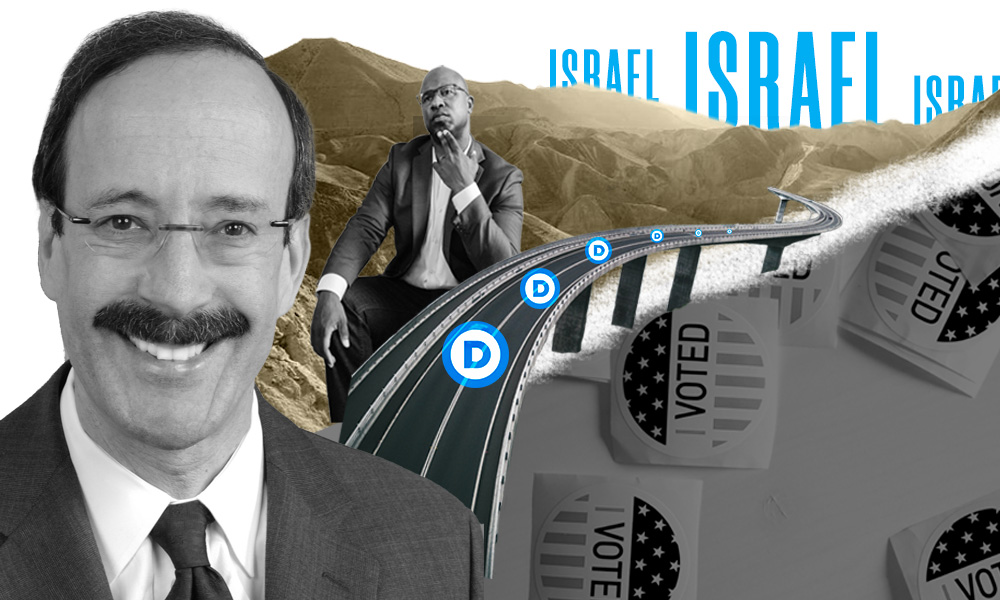
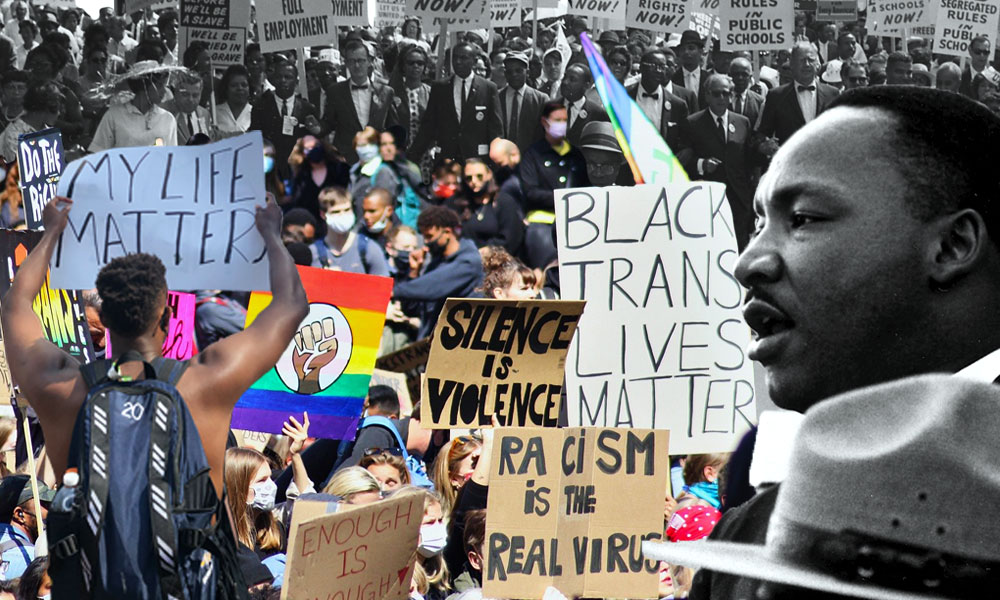

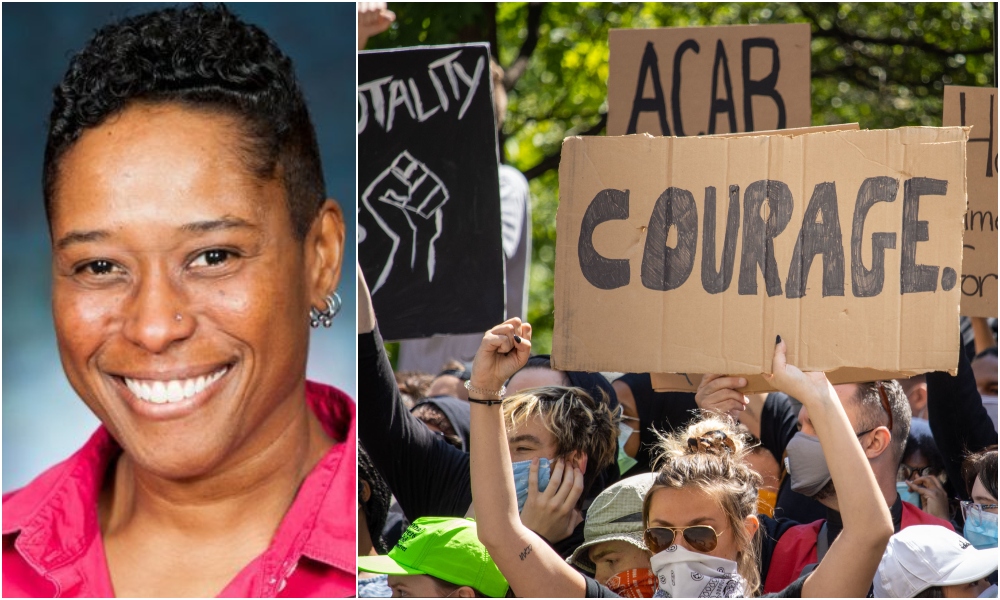
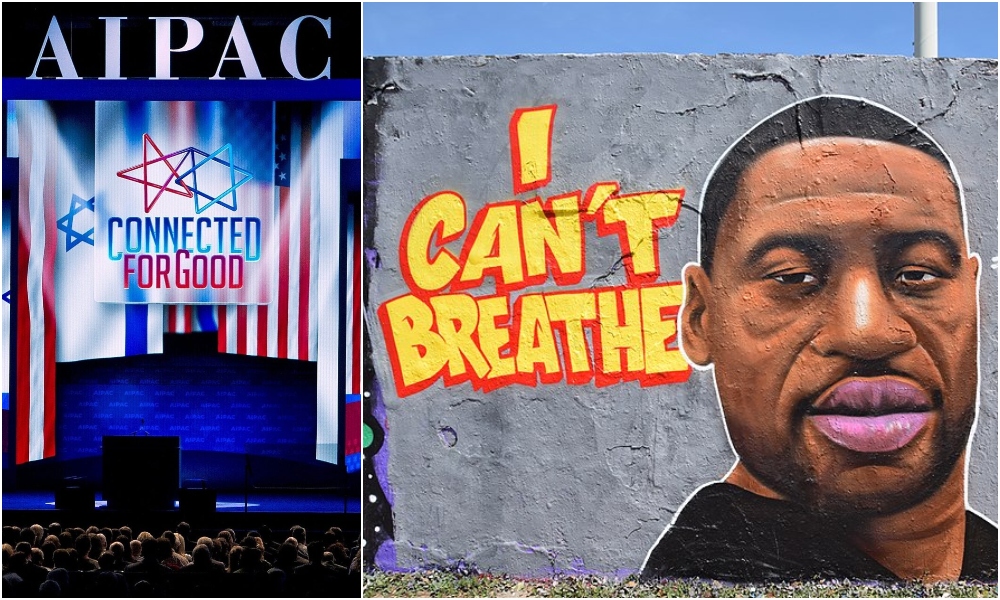
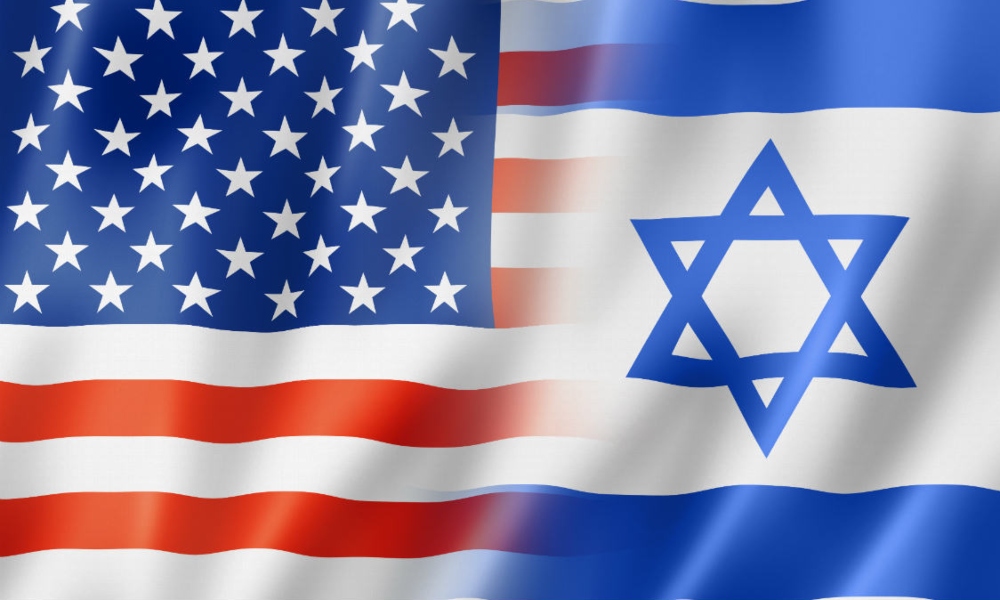
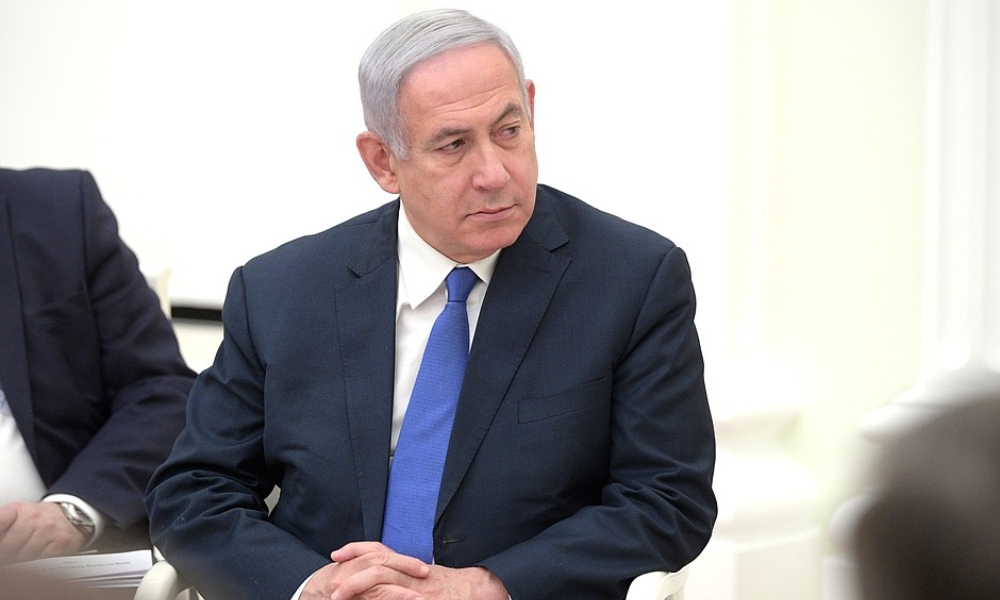
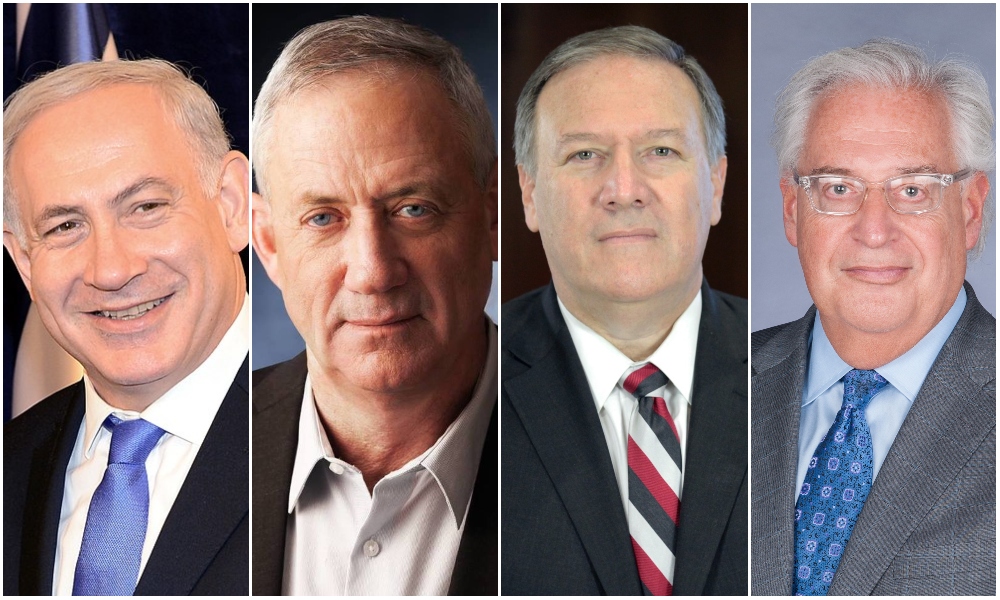
All is well that ends well! (or is it?) The last step that Washington took, bipartisan, yet signed into law by President Trump, begs our attention. President Donald Trump has been reported to be the most pro-Israel president ever, following through with intentions that previous presidents failed to, though it was already the decision of Congress to do so…so stating the move of the embassy to Jerusalem; a hugely risky, but ultimately brave, move on his part. As we just now read, the vast majority of Jews in America did not even mention Israel as one of their major concerns regarding the election agendas. Racism and white nationalist supremacy, along with anti-Semitism were mentioned in the list. These issues obviously tie in with a general fear of attitudes in America becoming a breeding ground that can escalate into violence and hateful acts against Jews (the breaking into small businesses and looting are a stark reminder of Kristallnacht.) For the Jewish people’s peace of mind, I would be inclined to believe and hope for a change of mind among Jewish voters to the Republican side, the side of Lincoln, who literally stopped slavery of African-Americans; the side of those politicians and military leaders that made a point of stating that all men are created equal by God. The God insinuated here is the God of Abraham, Isaac, and Jacob; the God of the Jews & all Israel. The very conscience of our American people depends on right thinking and strong values of justice that embodies the Republican party beginning with Abraham Lincoln, not a coincidental name. President Trump, with all his imperfections (we have them also), is undeniably pro-Israel & pro-Jewish. Make no mistake about his intentions for the future…he has proved himself in his first 4 years.